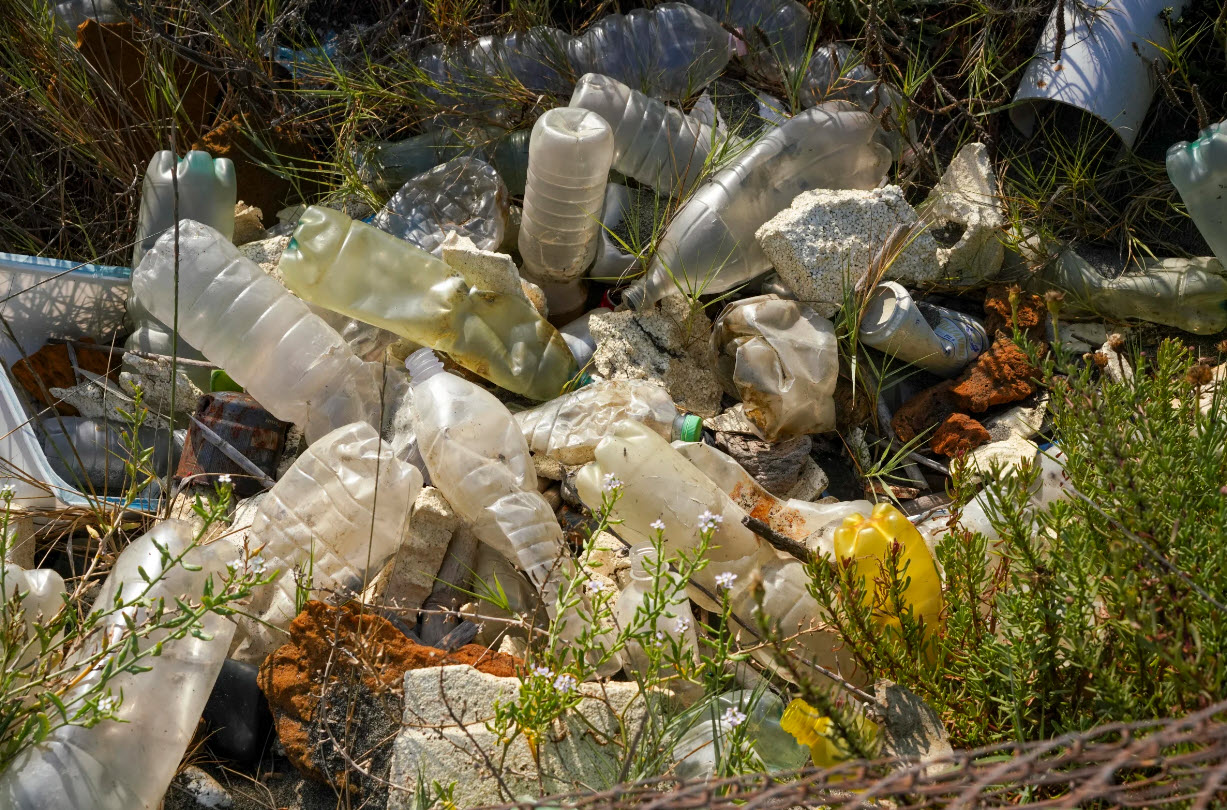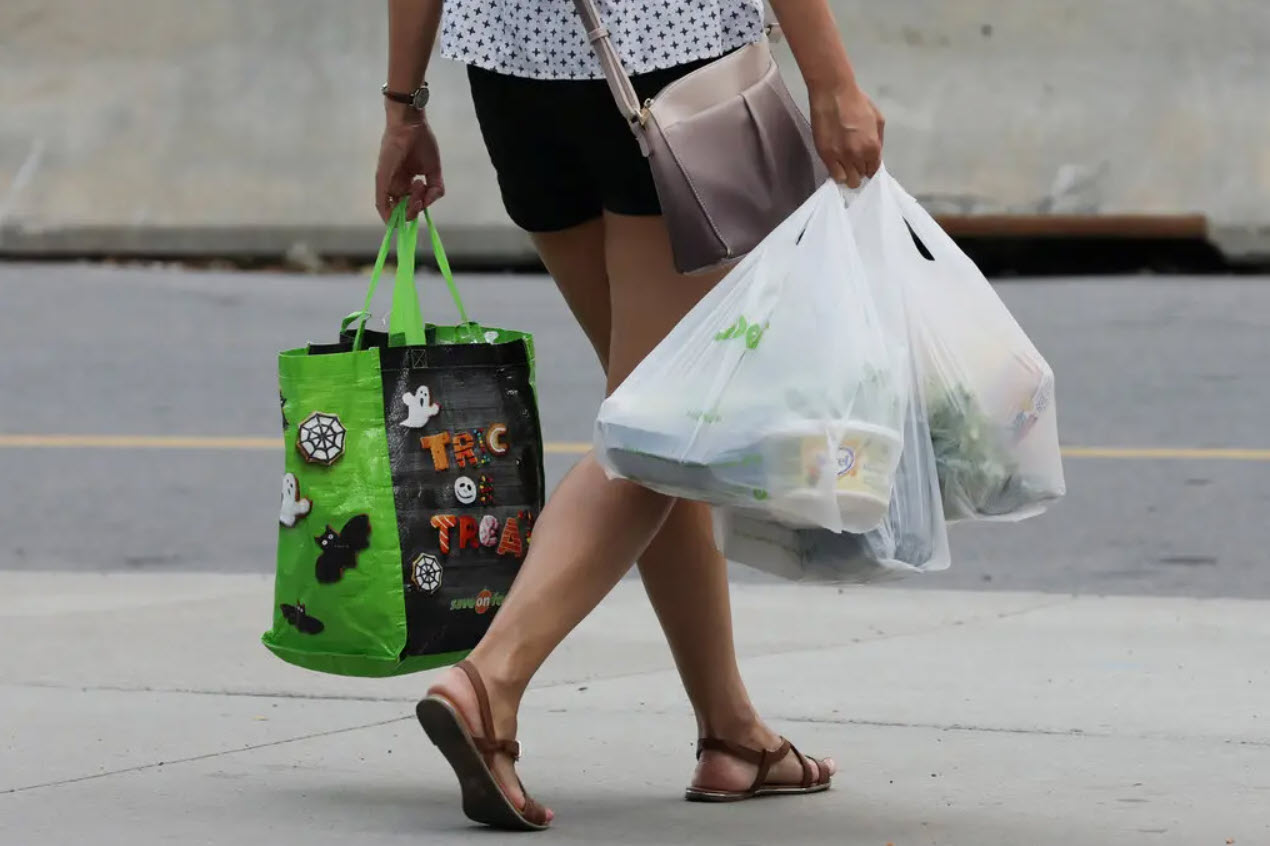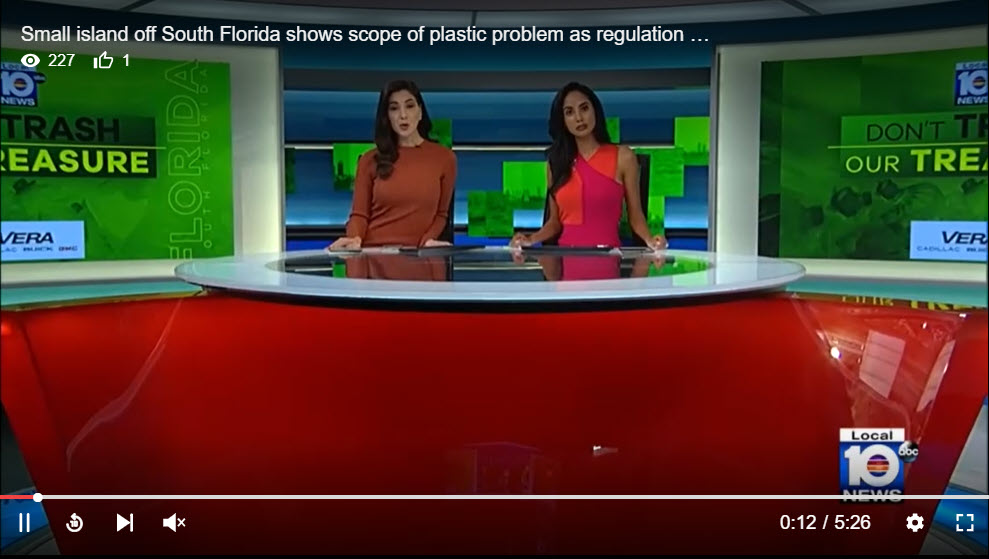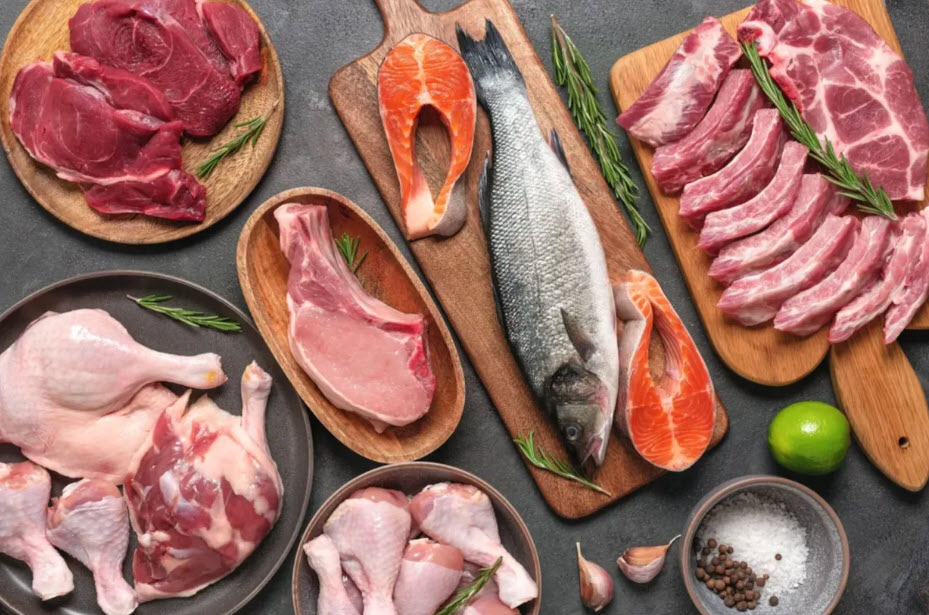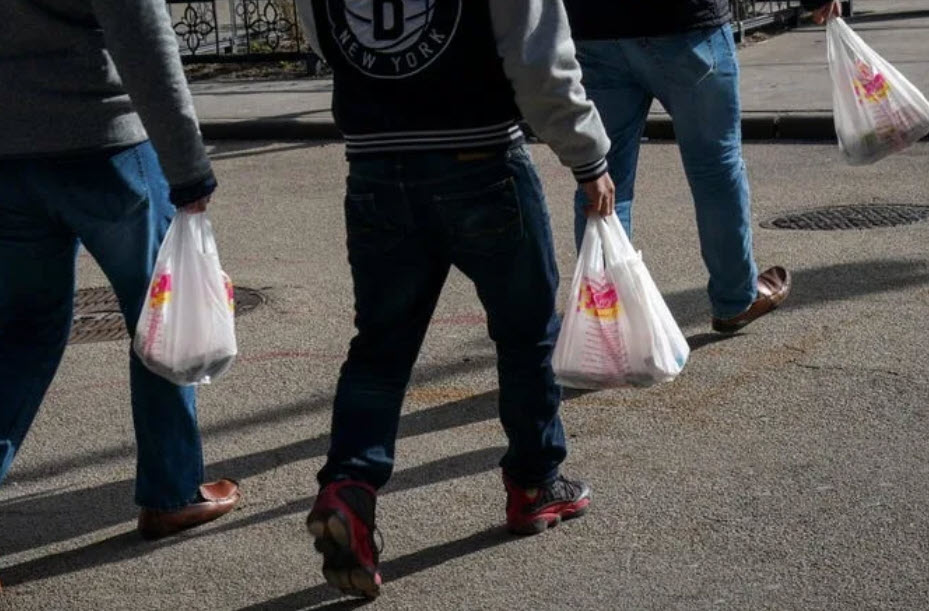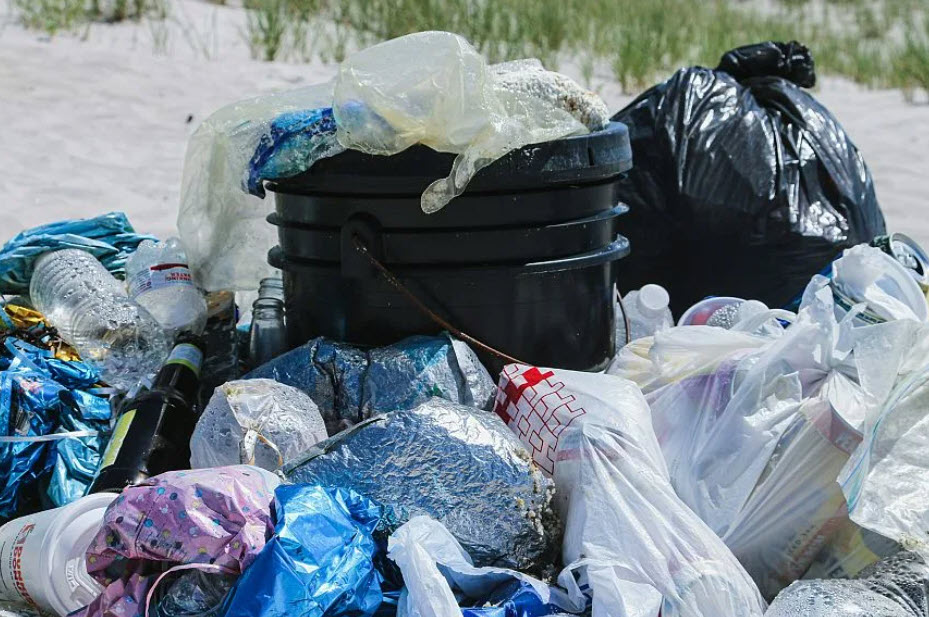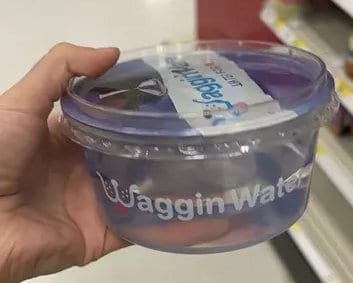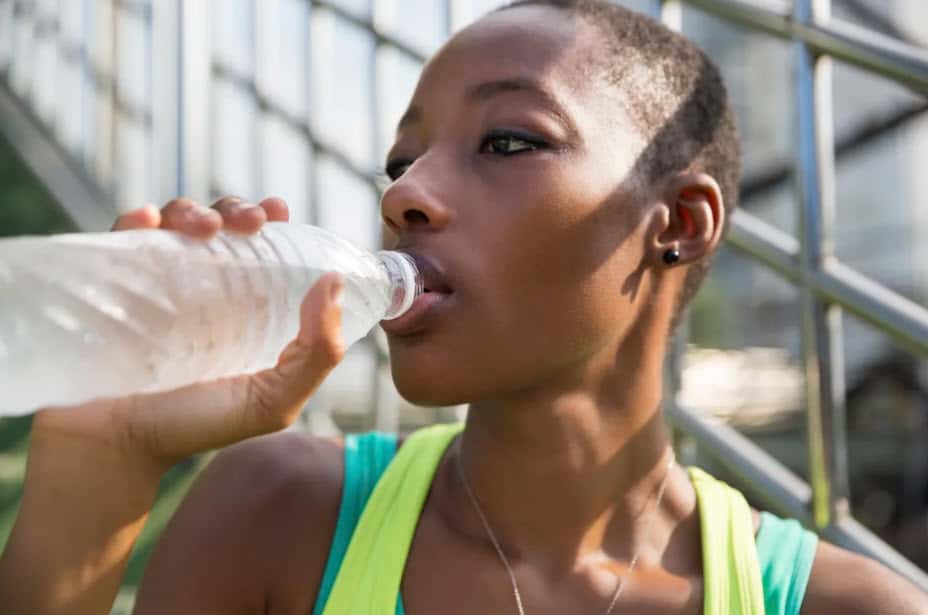You’ve heard about sweeping problems under the rug. Well, how about converting the problem into a broom instead? One Cambodian entrepreneur is doing just that. In a mission to help tackle plastic pollution in his country’s capital city of Phnom Penh, 41-year-old Has Kea has started an upcycling business. In 11 months, his workers turned about 44 tons of plastic bottles into heavy-duty brooms.
News
Supreme Court poised to block Biden administration’s plan to limit health threat: ‘[It] would undermine … the public interest’
The Supreme Court appears ready to limit the Biden administration’s ability to protect the environment once again. This time, several justices expressed skepticism of a proposed rule from the Environmental Protection Agency meant to reduce harmful cross-state air pollution, according to the New York Times’s Adam Liptak. A decision is expected by June.
Study raises questions about plastic pollution’s effect on heart health
We breathe, eat and drink tiny particles of plastic. But are these minuscule specks in the body harmless, dangerous or somewhere in between? A small study published Wednesday in the New England Journal of Medicine raises more questions than it answers about how these bits — microplastics and the smaller nanoplastics — might affect the heart.
California Tried to Ban Plastic Grocery Bags. It Didn’t Work.
Almost a decade ago, California became the first state in the United States to ban single-use plastic bags in an effort to tackle an intractable plastic waste problem. Then came the reusable, heavy-duty plastic bags, offered to shoppers for ten cents. Designed to withstand dozens of uses, and technically recyclable, many retailers treated them as exempt from the ban.
Small South Florida island shows scope of plastic problem as regulation bills stall
Plastic bills stall, but pollution persists on barrier island in Biscayne Bay.
Scientists make disturbing discovery about almost all protein sources: ‘There’s no way to hide’
Researchers from the Ocean Conservancy and the University of Toronto analyzed more than a dozen different types of proteins including seafood, pork, chicken, beef, and tofu. They found microplastics in nearly 90% of the samples they tested and estimated that the average American adult may consume at least 11,000 pieces of microplastics each year.
Billions of Plastic Bags Avoided Since New Bans, Report Finds
Over the past several years, U.S. cities and states have passed hundreds of policies restricting the sale and distribution of single-use plastic bags. A new report says these laws have largely succeeded in their goal of reducing plastic bag use.
Do plastic bag bans work? New study finds they save 6 billion bags a year in some US states
Single-use plastic bag bans have successfully reduced plastic bag use and associated litter and pollution, a new study has found. Bans in five US states and cities with a combined population of around 12 million people have cut single-use plastic bag consumption by about 6 billion bags per year, according to the research.
‘Pointless’ pet product found on store shelves sparks outrage among customers: ‘How hard is it …’
Think single-use water bottles are wasteful? Brace yourself — they even exist for dogs. A Reddit user shared a short video of the product, showing water — yes, just water — packaged in disposable plastic bowls. The bowl, for sale at Target, features a label that reads: “[Ready to drink] bowled water for pets. Simply peel off the lid and serve your pet clean water anytime, anywhere.”
Bottled water contains thousands of nanoplastics, new study shows. How can you avoid them?
Scientists from Columbia University are raising alarm bells about the amount of small flecks of plastic — known as nanoplastics — in bottled drinking water. Their research, which was published on Jan. 8 in the journal Proceedings of the National Academy of Sciences, found that three popular plastic water bottle brands (which went unnamed in the research) had 10 to 100 times greater amounts of nanoplastics than previously estimated.
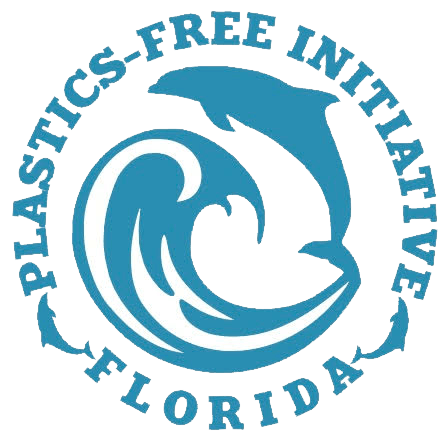
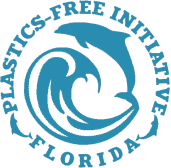
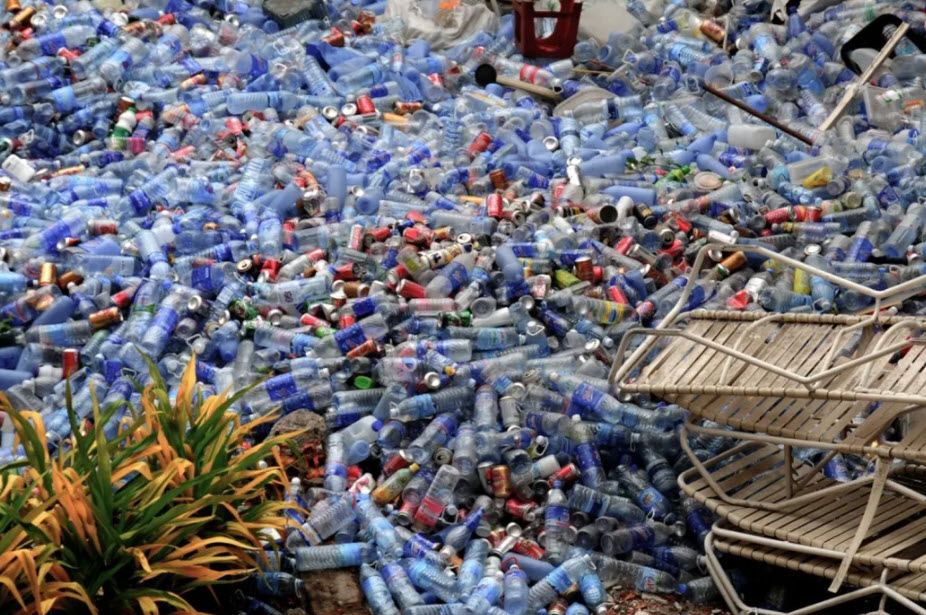
![Supreme Court poised to block Biden administration’s plan to limit health threat: ‘[It] would undermine … the public interest’ Supreme Court poised to block Biden administration’s plan to limit health threat: ‘[It] would undermine … the public interest’](https://plasticsfreeinitiative.org/wp-content/uploads/2024/03/supreme-court-block.jpg)
